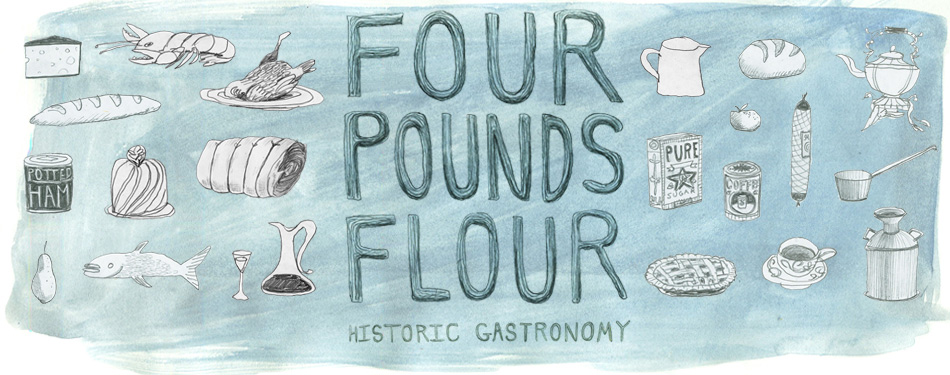
 (Illustration: Zachariah Durr; Photo: The Daily Telegraph)
(Illustration: Zachariah Durr; Photo: The Daily Telegraph)
An argument could be made that in current society we take certain steps to flavor our animals before we slaughter them. With beef, for instance, cattle are bred, genetically modified, and are fed different diets to produce an ideal flavor and fattiness to the meat. But only in historic cuisine, like with the Ortolan, have I found a reference to seasoning an animal before it’s slaughtered. I also came across this recipe for turkey in Statesman’s Dishes and How to Cook Them by Mrs. Stephen J. Field, 1890. She says:
“Three days before it’s slaughtered, it should have an English walnut forced down its throat three times a day, and a glass of sherry once a day. The meat will be deliciously tender, and have a fine nutty flavor.”
All of this boozing of poultry strikes one as a little obscene. I can only imagine that cuisine has moved away from ‘pre-seasoning’ because it could be perceived as an act of animal cruelty. But perhaps that shows a bit of our naivete, and how far removed we’ve become from our food in the last 100 years. In 1890, people were hanging out with their turkeys before Thanksgiving. I bet that careful care from life to death gave the turkey a spectacular flavor that is a world apart from our freezed meats; not to mention the sense of pride the owner would have, roasting the bird and placing it on the holiday table.
After all, it’s just food. Right?
And on that note, I encourage you to take the time to listen to this episode of This American Life. It’s a Thanksgiving show from a few years ago, and it deals with the sticky subject of where to draw the line “between friend and food.” It includes a segment on our friend, the Ortolan.
